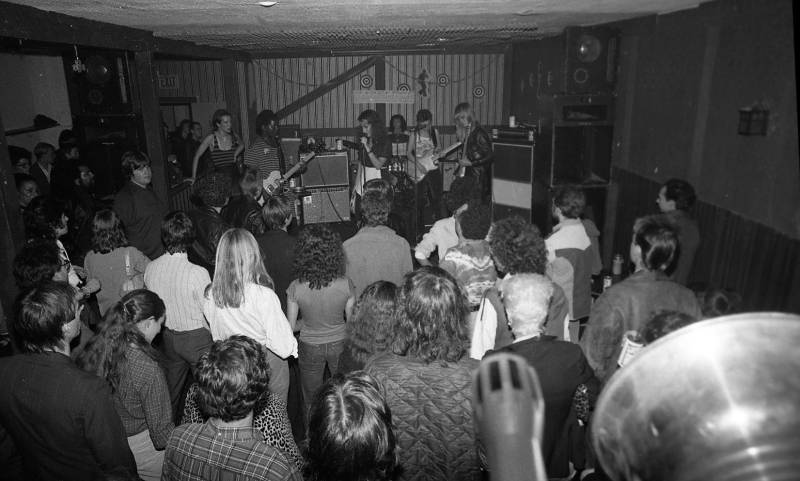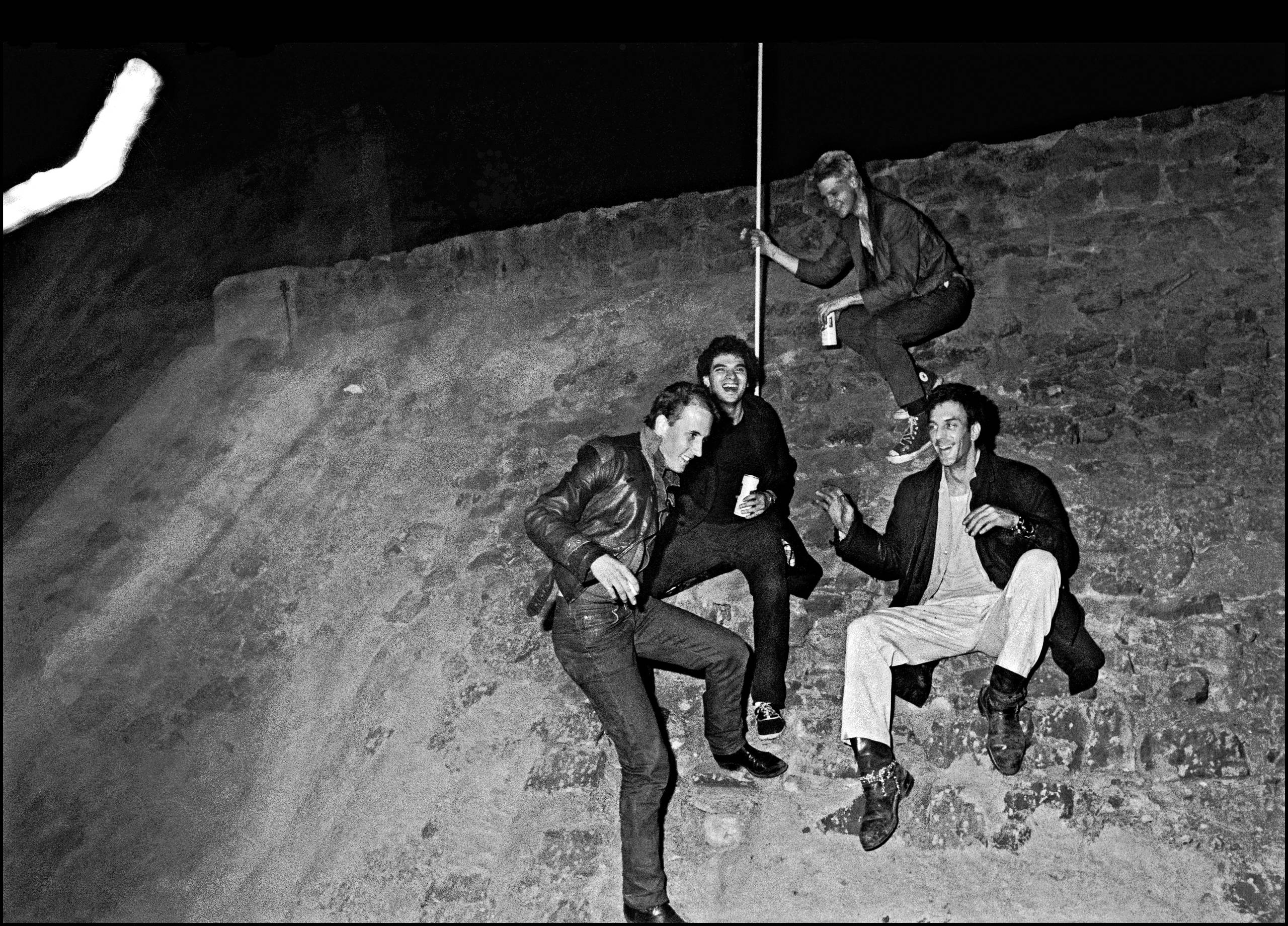San Francisco has birthed and lost a ridiculous number of punk rock venues over the years. There are recent favorites like The Pound and Club Cocodrie, both closed in the early 2000s. There are the short-lived little nightclubs of the 1980s, including Club Nine (which later turned into The Stud), The Offensive, Club Foot and Attitude. Most famously of all, there was the legendary Mabuhay Gardens, a home-away-from-home for the most popular punk bands of the ’80s.
That same time period also inspired the creation of a handful of venues that were particularly strange and magnificent. Here are five of the most fascinating that we wish still existed today.
The Deaf Club
530 Valencia St.
It may have only lasted 18 months, but the lore of the Mission District’s Deaf Club will live on forever. Its first show was the result of Daphne Hanrahan — then-manager of The Offs — confusing the San Francisco Club of the Deaf with a new punk venue. Soon, by renting out the space herself, she had turned it into one.
In February 1979, the San Francisco Examiner declared:
The latest club on the local punk scene is called the Deaf Club. The joke is that the name is no joke … Since December, Walking Dead Productions has sponsored two or three concerts at the club each week, featuring local punk outfits like Crime and the Dils, plus occasional imports from Los Angeles … At the shows, punk followers mingle with the deaf club members.
In Gimme Something Better, Jack Boulware and Silke Tudor’s 2009 tome on Bay Area punk, Penelope Houston of The Avengers recalled: “It was kind of amazing. I think [deaf attendees] were dancing to the vibrations. The deaf people were amused that all these punks wanted to come in and rent their room and have these shows.”



